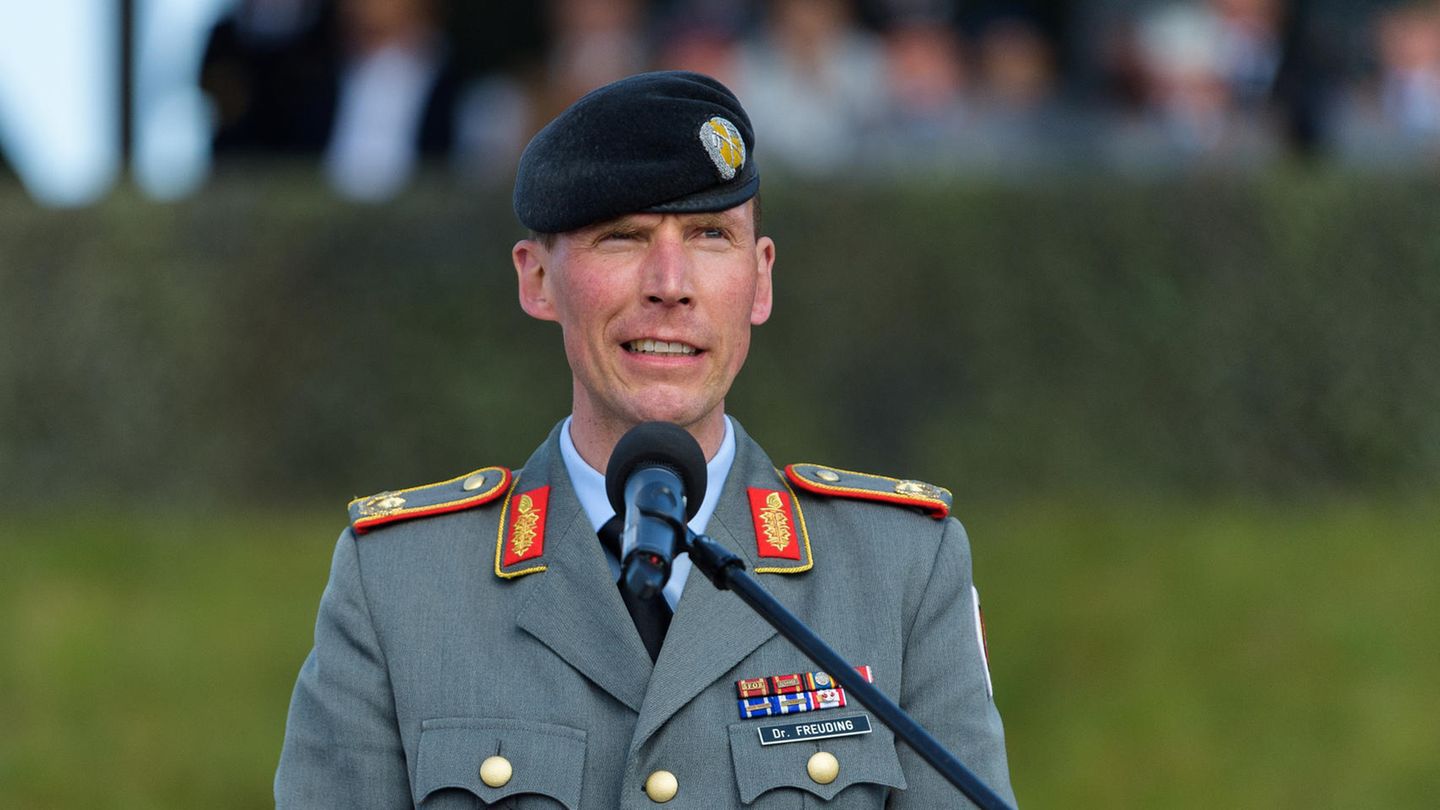David William is a talented author who has made a name for himself in the world of writing. He is a professional author who writes on a wide range of topics, from general interest to opinion news. David is currently working as a writer at 24 hours worlds where he brings his unique perspective and in-depth research to his articles, making them both informative and engaging.
Menu
Ukraine war: Russia and Ukraine compete to offensive
Categories
Most Read
Donald Trump compliments Giorgia Meloni at the peace summit
October 14, 2025
No Comments
Trade war between China and the USA is expanding
October 14, 2025
No Comments
Artificial intelligence: California puts chatbots in their place
October 14, 2025
No Comments
Hamas in Gaza: New fear of the terrorist organization
October 14, 2025
No Comments
Can Trump bring peace to Ukraine? The situation in the morning
October 14, 2025
No Comments
Latest Posts

Before the Nations League: Berger is missing from the DFB squad for France games
October 14, 2025
No Comments
PierceI am Pierce Boyd, a driven and ambitious professional working in the news industry. I have been writing for 24 Hours Worlds for over five

Gianni Infantino: What is the FIFA boss doing at the Gaza summit?
October 14, 2025
No Comments
FIFA President The strange guest – what was Infantino doing at the Gaza summit? It seemed very strange: Fifa boss Gianni Infantino was a guest

A rule governs that promotes the healthy and safe practice of sport in public spaces
October 14, 2025
No Comments
October 14, 2025 – 07:24 Law 15,541 aims to promote urban sports and promote awareness campaigns about good sports practices. The rule was approved by
24 Hours Worlds is a comprehensive source of instant world current affairs, offering up-to-the-minute coverage of breaking news and events from around the globe. With a team of experienced journalists and experts on hand 24/7.

